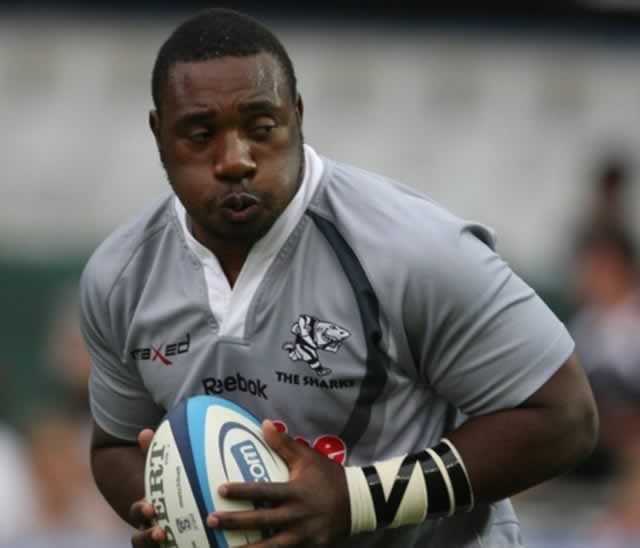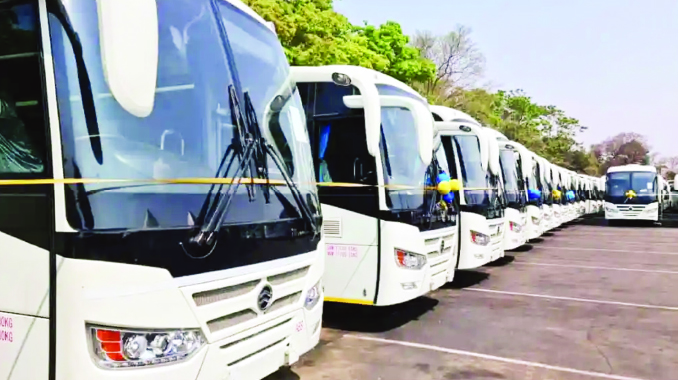Why are sponsors snubbing Zim football?

Eddie Chikamhi Senior Sports Reporter
ZIMBABWEAN football need to sort out the chaos bedevilling the administration of the game as this could be one of the reasons local football continues to be shunned by big corporates.
The game has been reeling under serious financial challenges over the years and there have been concerns why it has failed to attract sponsors and business partners.
The sponsorship fatigue has been blamed on many factors, chiefly the lack of good governance and lack of professionalism in the administration of domestic football.
It would appear the local companies are not interested in the game, and would rather invest their money elsewhere under their corporate social responsibilities.
But, of late we have seen businesses with strong Zimbabwean links exhibiting their passion for the game at the highest level.
The latest such demonstration was the announcement by financial services company, Mukuru, that they have inked a deal with English Premier Soccer League side, Crystal Palace, as the official sleeve sponsor for the 2022/23 season.
The Mukuru brand will be visible in almost every corner of the world where the English Premiership is watched.
Mukuru was founded in the UK in 2004 by Zimbabwe-born Rob Burrell, initially for the Zimbabwean market, and has since spread across Africa and Asia.
The company even carries a name that easily identifies with Zimbabwe and, under normal circumstances, the saying ‘charity begins at home’ should have applied had the local football authorities considered approaching them.
Another Zimbabwean company, Doves Holding, last year signed a partnership agreement with Spanish La Liga side Real Betis as their regional partner.
This agreement was made possible by the success of the Real Betis Academy in Zimbabwe, and is also testimony that corporates are interested in football.
It turns out Mukuru are not only going to be the official sleeve sponsor for Palace, as they have also confirmed a naming rights deal for the top Malawi Super League Team, The Mighty Wanderers FC, and a sponsorship arrangement with Zimbabwean Springbok legend Tendai “The Beast” Mtawarira.
Mtawarira said: “Mukuru started in my homeland in Zimbabwe and what this brand does is amazing in the way it connects Africans all around the globe, giving them the ability to provide for their families back home.
“I remember a certain time when I was trying to provide for my mom and family back home in Zim and Mukuru is that solution, making it easy to send money back home.
“Another thing that I love about the Mukuru brand is that it has a Pan-African approach, as I identify as a Pan-Africanist at heart myself. This brand is truly something special.”
Football Association of Malawi president Walter Nyamilandu was also excited by the arrival of Mukuru to sponsor Wanderers.
“We are delighted to have oiled the deal and that our efforts have paid off,” Nyamilandu told the FAM website.
“When approached by Mukuru, we identified club sponsorship as one of critical needs that has to be addressed and recommended to Mukuru to sponsor Wanderers.
“We have been working behind the scenes with Wanderers to frame a viable value proposition and to negotiate a suitable sponsorship agreement for both parties.
“We are impressed by the passion shown by Mukuru and we warmly welcome them to Malawi football. We strongly believe that they have made the right decision to invest in Wanderers and that the spin-offs will be huge as they leverage on the massive fan base of Wanderers.”
Why Mukuru chose Malawi is anybody’s guess. But there appears to be something right about the way football in Malawi is being run.
Recently they defied their underdog tag and the Covid-19 complications to reach the round of 16 in the Africa Cup of Nations for the first time in history.
And it came in only in their third participation in the continental showpiece. They did so ahead of Zimbabwe, who have failed to go beyond the group stage in five appearances.
While Zimbabwe was in limbo during the Covid-19 pandemic and skipped a season, Malawi were more organized and they managed to complete their schedules, with Zimbabwean coach Callisto Pasuwa winning back-to-back titles with Nyasa Big Bullets.
They handled their Covid-19 relief funds from CAF and FIFA well, whereas bickering was the order of the day among their Zimbabwean cousins, who ultimately failed to get the game going.
The Flames have benefitted from the sound leadership, on and off the pitch, under the stable leadership of Nyamilandu.
FAM have sustained peace and stability and won back private sector confidence after sponsors had run away due to maladministration. Malawi football enjoys strong values of democracy and accountability in managing the affairs of the FA
This is so unlike football administration in Zimbabwe, which is held in distrust by many potential sponsors. Corruption, bribery and lack of accountability, which partly led to the suspension of Felton Kamambo’s ZIFA executive last year, have eroded confidence.
The companies also look at what they stand to benefit from these football deals.
The stance taken by the Sports and Recreation Commission to cleanse local football administration was long overdue.
Many companies, including satellite television giants SuperSport, Econet, NetOne, CBZ Holdings, BancABC, Nyaradzo have been involved with local football sponsorship but the marriages often did not last, landing a huge blow for the seriously underfunded Zimbabwean football sector.
However, amid the gloom, Delta Beverages should be applauded for maintaining their all-weather friend status with the PSL which has ensured domestic football had a base to build on.
Sakunda Holdings have also made a huge impact with Highlanders and Dynamos while most of the teams are either owned by companies or individuals.
Football administrators and government have appealed to the corporate world for more funding, but years of maladministration and bad press in football have dented the game’s corporate appeal and drove away potential sponsors.










Comments